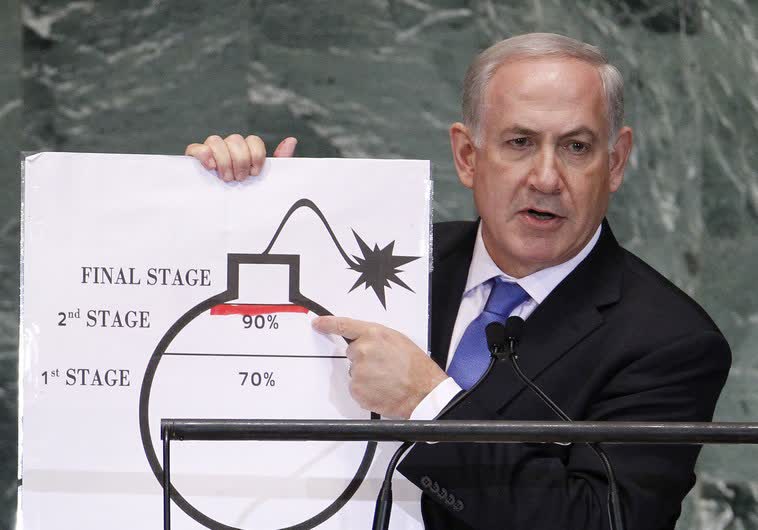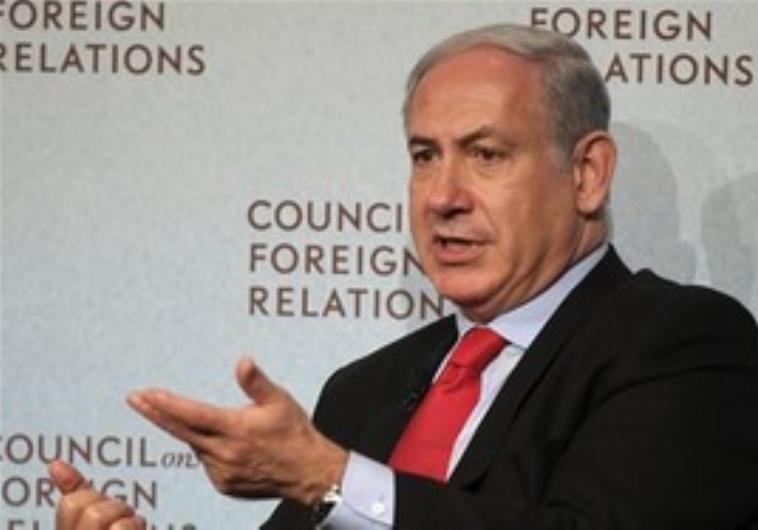If I forget thee, O Jerusalem, let my right hand wither, let my tongue cleave to my palate if I do not remember you, if I do not set Jerusalem above my highest joy.” – Psalms: 137, 5-7 O,
Jerusalem, how we have forgotten thee.
I love Jerusalem. How many Israelis can honestly say that? How many Israelis really want to live in Jerusalem? Jerusalem is a hard city, no doubt. It is a city of conflicts – a microcosm of all of the conflicts that exist in the whole country. In Jerusalem we have Israelis and Palestinians in conflict. Muslims, Christian and Jews fighting over sacred spaces and religious visions and values. East and west, which usually translates into rich and poor. We also have the fight between the religious and secular. And let’s not forget haredim against Reform and Conservative.
JERUSALEM is one of the poorest cities in Israel. It has the largest number of senior citizens in the country.
Jerusalem has one of the highest housing costs in the country as well. Little or almost no cheap housing for young people is available. Little or no new investments exist for job-creating ventures for young people. The downtown area is depressed and depressing, unlike that of most other large attractive cities, hardly inviting to anyone to enjoy the unique sun and light of this city. In Jerusalem there is a sense of being overcrowded and congested. And one cannot help but being disgusted by the filth on the streets, in the parks. With the few exceptions of public gardens for the eyes of tourists, Jerusalem seems neglected and deprived. It is true that cultural life in the city has grown and its diversity been enriched over the past years – no thanks to the dwindling municipal and government budgets for culture. Culinary life in Jerusalem has also improved, but it still has far less to offer than its big sister, Tel Aviv. In short, Jerusalem is not attractive to most Israelis; and more and more of them who have lived in Jerusalem for most of their lives are leaving. Fewer and fewer of Jerusalem’s non-haredi Jewish population seem to be taking part in the democratic process of choosing those who represent us in city hall. Meanwhile, the Palestinians of east Jerusalem have refused to exercise their democratic right to vote or to stand for elections since 1967 because they reject Israel’s claim of sovereignty over east Jerusalem. It doesn’t really make much of a difference when all the prospective candidates for mayor and the municipal council are clearly not worthy of Jerusalem.
MUNICIPAL elections are 11 months away.
Jerusalem deserves and needs a mayor who is worthy of what Jerusalem could be, and not what Jerusalem has become. The mayor need not represent a political party. The mayor of Jerusalem’s position on the question of dividing Jerusalem or keeping it united should not be a campaign issue – it is irrelevant. That decision will not be made or even influenced on the municipal level. We don’t need a millionaire telling us to keep Jerusalem united, especially when, at the same time, as leader of the opposition in the municipal council, he has been doing absolutely nothing to create even a semblance of equality for the quarter of a million Palestinians in east Jerusalem. A mayor worthy of Jerusalem will see all of Jerusalem and work for equality and good municipal services for all of Jerusalem – even those who don’t vote for him or her – and even for those who don’t vote at all. As long as Israel rules over Palestinian east Jerusalem, the municipality has a duty to view all of its residents as equal. A mayor worthy of Jerusalem will see that Jerusalem has the potential to become a world-class city – the center of peace and understanding, as its name suggests. That is not a slogan; it can be achieved by celebrating the diversity of Jerusalem and showcasing the mosaic of Jerusalem’s incredibly rich human reality. It can be achieved by working endlessly to demonstrate that each and every ethnic group, religious sect, cultural heritage, and their institutions are equally important in the daily life of the city.
Jerusalem has the potential to become the one place in the world where civilizations do not clash, but learn to appreciate each other through dialogue, mutual respect and through mutual and collective celebration. A mayor worthy of Jerusalem is someone who sees all the individual citizens of Jerusalem and shows equal respect and care for all of them. The mayor worthy of Jerusalem is seen in the streets by the people of Jerusalem, in every neighborhood – east and west, north and south. The mayor worthy of Jerusalem holds “open house” town-hall meetings with the citizens and doesn’t stay locked up in the stone fortress of Safra Square. The mayor must be a mayor of the people – of all the people, and in the entire city. The mayor worthy of Jerusalem is not a politician, or an aspiring politician-millionaire who buys celebrity status with his wealth gained by questionable mores. The mayor worthy of Jerusalem is not a sectoral representative sent into politics to grab the spoils of governing for one sector of the population. The mayor worthy of Jerusalem inspires greatness of spirit. The mayor worthy of Jerusalem, by nature, reputation and achievements is on the national and on the international stage.The mayor worthy of Jerusalem has a vision for a city which is, on the earthly level, clean, attractive, not overdeveloped by massive fortresses of housing complexes and ugly shopping malls making political and militaristic claims of ownership.
Jerusalem needs a mayor who will plan development for the people of Jerusalem – real people with real needs – instead of building ghost-town neighborhoods for rich Jews who spend two weeks a year in the city.
Jerusalem needs its open spaces for parks and recreation areas for the residents of Jerusalem.
Jerusalem needs esthetic architecture which takes advantage of the unique light of the city and not concrete walls and fortress town-houses.
Jerusalem needs modern, well-equipped schools for all the children of the city. Education should be top priority for a mayor worthy of Jerusalem.
JERUSALEM’S uniqueness is its spiritual calling and its rich human resources. The wealth of Jerusalem comes from those who hold it dear and from those who lives are connected to it. The fostering of conflicts in the city and about the city through the empty political slogans on billboards on bus-sides cheapens Jerusalem’s value. The competition over Jerusalem’s meager land resources increase the ugliness and the rudeness of the city’s character and outer face. A mayor worthy of Jerusalem would seek to develop the city for all of its residents – for the present and for the future. A mayor worthy of Jerusalem would respect the lives of the people who live here.
Jerusalem’s history is a huge burden. That burden has been the weight that has reduced Jerusalem’s glory to a primitive tribal feud which has driven too many good people out of the city. When Jerusalem’s present and its future potential outshine its past, without losing respect and appreciation of that past, then Jerusalem will be a magnet instead of a burden. There must be someone in this country who is worthy of Jerusalem. There must be someone of that caliber willing to stand above the crowd of small politicians seeking to preside over this city.
Jerusalem is calling, please come forward. The writer is co-CEO of the Israel/Palestine Center for Research and Information.


